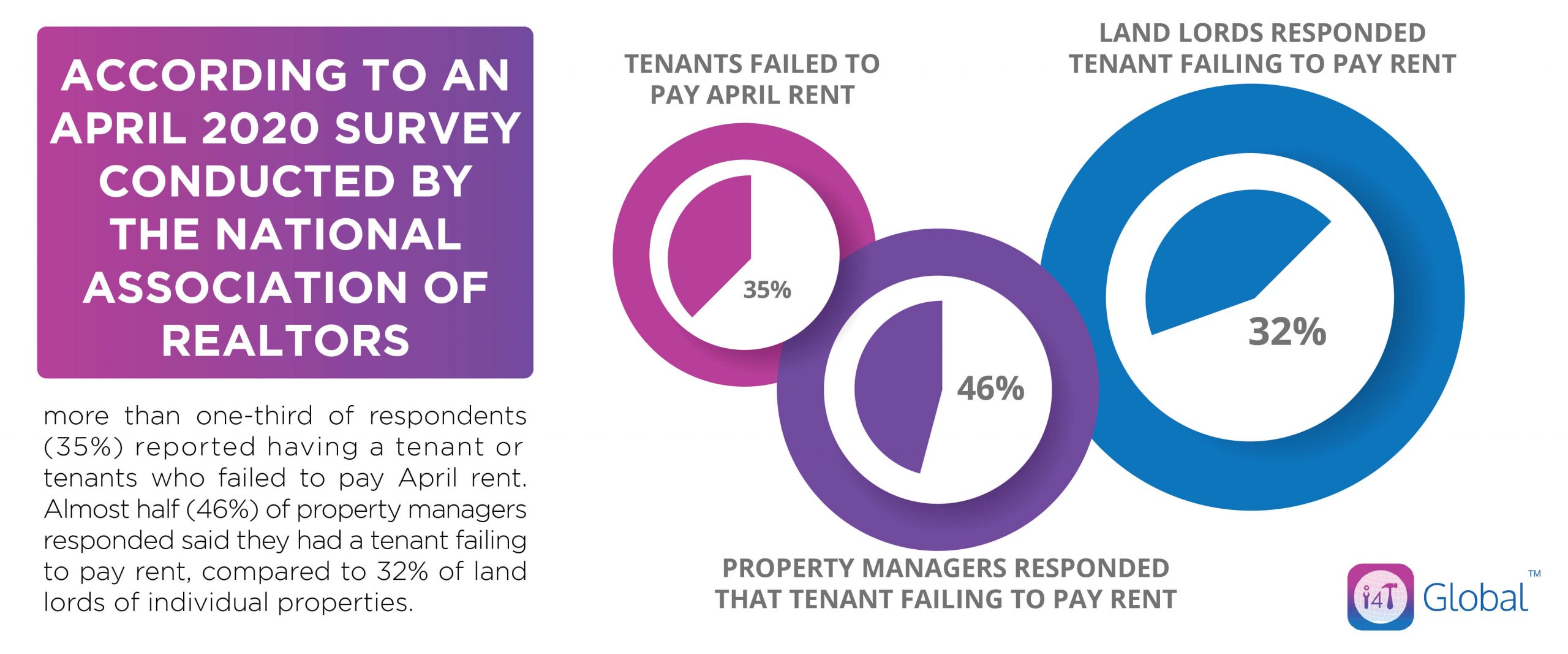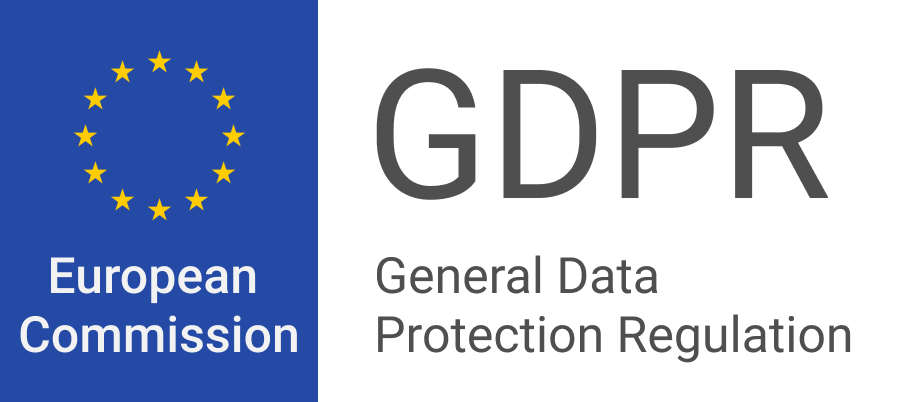The COVID-19 crisis has thrown a wrench in the works with regards to property maintenance, and that landlords were obliged to pay attention to property visits, inspections, and safety. The adoption to the ‘New Normal’ appears to require a significant amount of strategic planning in the property maintenance industry.
IBIS World analysts are continuously monitoring the industry impacts of modern-day situations in real-time, and here is an update on how the global COVID-19 pandemic has impacted the property management industry:
- The COVID-19 outbreak has reduced demand in the non-residential property market, resulting in an industry revenue decline in 2020-21. Due to strict social distancing measures introduced between March 23, 2020 and July 20, 2021, non-essential businesses have been forced to temporarily close and many commercial operations were forced to close where necessary or opted to shut while employees worked from home.
- In response to the COVID-19 pandemic, social distancing and stay-at-home measures weighed on industry revenue in 2020-21, as a significant number of residential and non-residential tenants renegotiated lease agreements or terminated contracts entirely to save costs while commercial facilities such as offices were not fully operational.
- According to figures released by personal finance, the COVID-19 pandemic has reduced demand in the residential property markets as tenants across the country moved with their families due to working from home or fear of the coronavirus crisis. By June 2020, approximately 10.5 million Britons had returned to their parents’ comparison organization.
How has COVID-19 impacted the UK Property Maintenance Sector?
The COVID-19 pandemic has caused a crisis in many European markets. The biggest challenge is uncertainty, as well as the need to make quick decisions in such circumstances, which requires credible knowledge and understanding among the property managers.
Following the first wave of COVID-19, UK Chancellor Rishi Sunak announced a stamp duty holiday in July 2020 in order to stimulate the property market.
Financially secure homebuyers benefited from a government guarantee scheme for a 5% down payment and record low mortgage rates. These measures combined with the shortage in supply, led to a surge in house prices. Liverpool, Manchester, and Nottingham were among the cities with the highest price increases as of April 2021.
House prices increased by more than 8% between December 2019 and December 2020, which was the highest annual increase since July 2014. Despite the fact that homebuyers were rushing to complete their purchases before the tax break period expired in June 2021, the number of mortgage approvals in 2020 was drastically below the five-year average. While house prices grew, rents followed the opposite direction. In London, which is the hottest rental market, apartment rents decreased on both an annual and five-year basis as of the third quarter of 2020.
According to an April 2020 survey conducted by the National Association of Realtors, more than one-third of respondents (35%) reported having a tenant or tenants who failed to pay April rent. Almost half (46%) of property managers responded said they had a tenant failing to pay rent, compared to 32% of landlords of individual properties.

1. Priorities in leasing have shifted
Due to social distancing, property managers had to switch their leasing policies and strategies from in-person exhibitions and lease signings, to virtual tours, self-guided demonstrations, and electronic leases. The adoption of cloud-based technology, which allows residents and property managers to carry out these processes without the need for face-to-face interactions, has accelerated.
According to a recent survey, 71% of respondents believe that virtual exhibitions are becoming more important, and 62% believe that virtual exhibitions will continue to remain.
The advantage of these virtual technologies is that they allow property managers to continue to provide a great customer experience without the need for in-person interaction. Now that prospects are accustomed to using these types of self-service features, the industry is likely to continue to offer them as options (even after social distancing) to save time and improve efficiency.
2. Transitioning to a remote working environment
According to a recent NAR survey, 82% of property managers have at least some employees working remotely. For the first time ever, property management businesses have begun to manage their day-to-day operations, facilitate vendors, train new team members, and provide customer service without being present in the office. This abrupt departure from normal office life has never been easier.
As a profession that emphasizes in-person interactions and building customer relationships, this has proven to be challenging for property managers. According to the survey, UK residential property managers have reported leasing, maintenance, and receiving rent as their top three challenges while working remotely.
3. Contactless communication

In order to keep residents up-to-date and engaged, property managers needed to automate digital communications and move from sending individual emails and text messages to bulk messages. This transformation has brought about a new era of efficiency and streamlined many aspects of property maintenance. With proper communications and encouragement, a sense of unity in the workforce could be developed bridging social divides and age gaps.
In a recent study, property managers identified the value of “proactive, frequent, and quality communication” as one of the most important lessons they learned and worth sharing with their peers. Perhaps not surprisingly, 87% of survey respondents said bulk text messaging and emails will take hold. Going forward, residents will likely prefer to communicate digitally with their property management company rather than in-person.
4. Maintenance operations have shifted
Property maintenance has been one of the most difficult aspects of property management during social distancing. During the first phase of COVID-19, the majority of property management companies agreed to refrain from non-essential repairs to ensure the safety of their technicians and residents to limit personal interactions.
Unlike rent collection and leases, maintenance operations cannot be done completely online. Meanwhile, cloud-based property management software with fully integrated maintenance work order tracking, on the other hand, has made it a reality for businesses to provide better customer service, communicate effectively, and maintain transparency.
In addition to improving safety protocols, some property management companies have developed their own unique and creative ways for residents to complete non-emergency repairs on their own, such as step-by-step online tutorials, video calls, and doorstep supply drop-offs. When it comes to maintenance operations, it is transparent that the need for technology will continue to grow, as it allows property managers to effectively communicate with their residents and authorized service agents.
Non-essential repairs will need to be addressed at some point, and digital property management software can assist in resolving these issues more efficiently. Residents can now submit maintenance requests from anywhere and track their status with i4T Maintenance, and can also customize the activities by sending an email to a sales representative or field service technicians in the work order.
Stepping up your game for the post COVID-19 era
We cannot just predict how deeply our economies will be impacted nor how long the effects might last and what the future of business will look like.
It’s an understatement to say that property management has changed in the last few months. With the rapid adoption of this technology, we have witnessed a complete transformation. This critical period has not been without challenges, but it has also revealed new opportunities for property managers to streamline processes, enhance communications, and increase efficiency. Those who have seized these opportunities and embraced technology will be better prepared to deal with COVID-19 challenges and have a more positive outlook on the future.

Entrepreneurship, Technology and Innovation is at the heart of what Logan does and what he loves. Logan is passionate about disrupting the status quo and challenging the traditional ways of solving problems when it comes to improving business processes and delivering exceptional customer experience. When Logan is not working, you would find him lending a helping hand to his wife replacing an old light or adding new plants to their garden.
Hot off the press!

With our cutting-edge technology and in-depth knowledge of how the Field Service Management sector operates, the i4TGlobal Team loves to share industry insights to help streamline your business processes and generate new leads. We are driven by innovation and are passionate about delivering solutions that are transparent, compliant, efficient and safe for all stakeholders and across all touch points.









